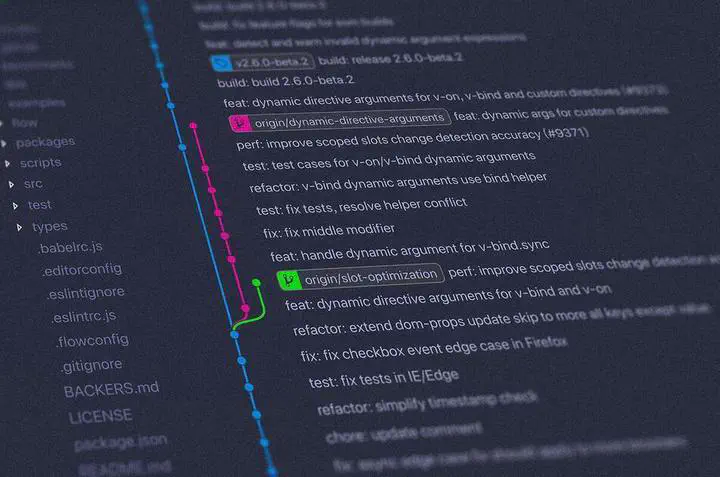One Version to Rule Them All: Keeping Your Python Package Version Number in Sync With Git and Poetry

Poetry is my current favourite packaging and dependency management tool for Python.
It combines dependency resolution, virtual environments, and packing all into one easy to use tool.
However, my one big complaint at the moment is the lack of synchronization between my package version (defined in pyproject.toml) and my git tags.
Before jumping straight to poetry plugins that add dynamic versioning (and add an extra dependency), there’s a simple workaround.
Standard Release Workflow
A typical release workflow with poetry looks something like this:
Use
poetryto bump your package versionpoetry version patch >>> Bumping version from 0.1.0 to 0.1.1Create a tag to define your release in git
git tag 0.1.1 git push --tagsHope you used the same version number for both steps
Synchronized Release Workflow
To avoid human errors, we can link our poetry version to our git tags.
Update
pyproject.tomlto have a generic version placeholder[tool.poetry] version = "0.0.0"Update your release script to fetch the git version before building the package artifacts
poetry version $(git describe --tags --abbrev=0) poetry build
With this setup, poetry will fetch and use the latest git tag as its version.
As an application example and shown below, the GitHub Action that’s used to build and publish pybotics to PyPI uses the above process to keep things simple.
name: Publish
on:
release:
types: [created]
jobs:
deploy:
runs-on: ubuntu-latest
steps:
- uses: actions/checkout@v2
- name: Set up Python
uses: actions/setup-python@v2
with:
python-version: '3.x'
- name: Install dependencies
run: |
python -m pip install --upgrade pip
pip install poetry
- name: Build and publish
run: |
poetry version $(git describe --tags --abbrev=0)
poetry build
poetry publish --username ${{ secrets.PYPI_USERNAME }} --password ${{ secrets.PYPI_PASSWORD }}
Less dependencies (e.g., dynamic versioning plugins) means less things that can break. This is especially important during the release step.
